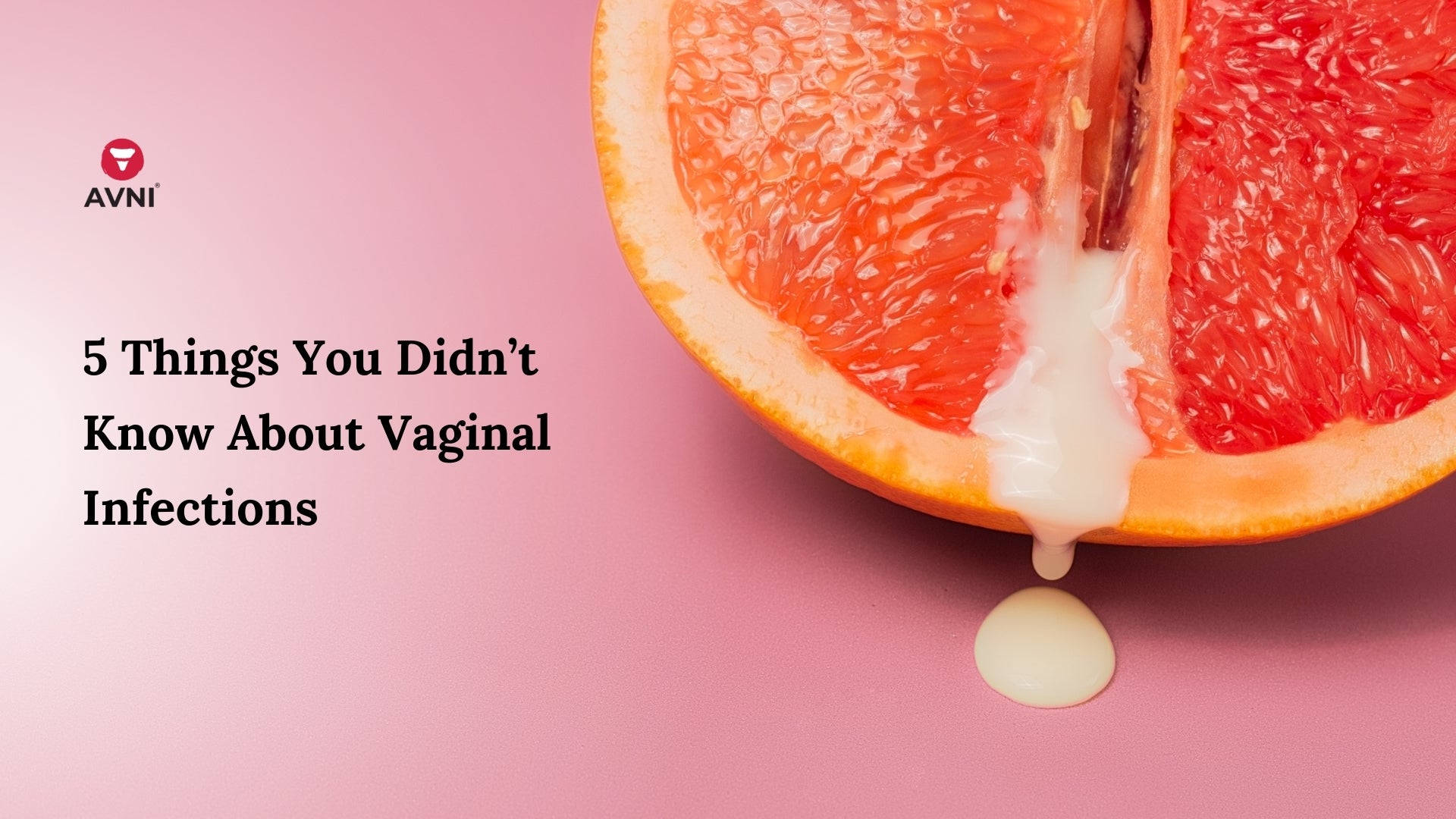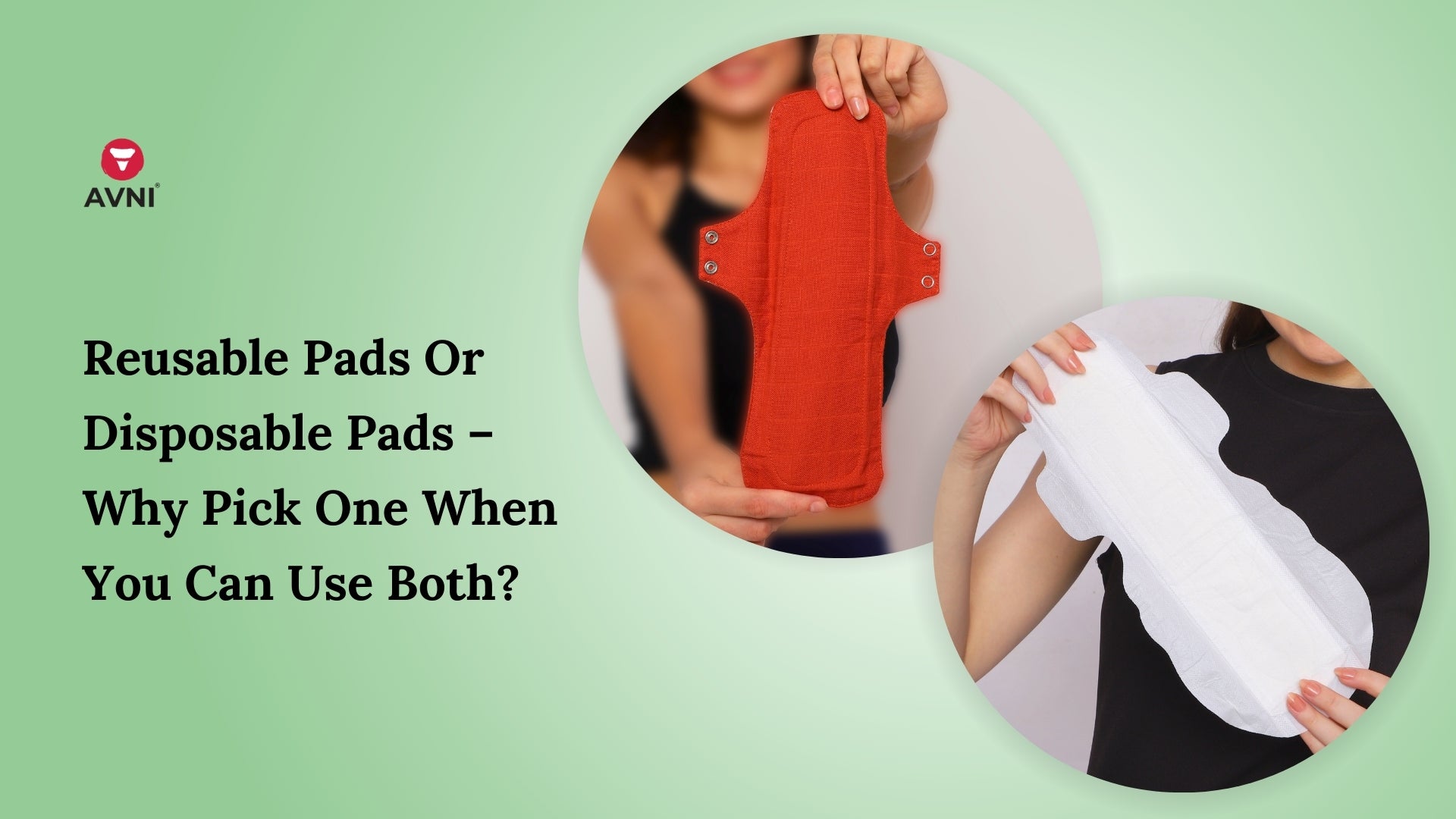
5 Things You Didn’t Know About Vaginal Infections
Your vagina is undoubtedly one of your body’s most complex organs and as we age, we learn more about how it functions. From discharge to odours and infections to the many parts that it comprises of, you’ll be learning about it throughout your life – because there’s a lot that it goes through in just one lifetime.
To help you understand your body better, we’ve listed down a few facts that you probably didn’t know about vaginal infections. Read on:

1. You can have a yeast infection while you’re on your period
A healthy vagina contains both, bacteria and some yeast cells. When the balance between the two changes, yeast cells multiply, causing intense itching, swelling and irritation. This is called a yeast infection.
Did you know that it is possible to have a yeast infection while on your period? The delicate ph-balance of bacteria and yeast fluctuates just before your period due to hormonal changes, putting you at risk of getting a yeast infection. Your vagina needs to be slightly acidic to control the growth of the organisms and the less acidic your vagina is, the more prone to imbalance you are.
2. Certain vaginal infections could signal that you have diabetes
Urinary tract infections and vaginal infections are far more common in women with diabetes than those who don’t suffer from this illness, so if you find that you have vaginal infections often, it could be a cause for concern. The fungi and bacteria that cause these infections thrive in a high-sugar environment. Additionally, the body’s immunity can’t fight vaginal infections effectively when blood glucose levels are higher than normal, as is the case with someone who has diabetes.
3. Unpleasant odour is a symptom of vaginal infection
Your vagina has some sort of mild scent. The odour varies as a result of your menstrual cycle, the balance of bacteria, the sweat glands down there, and just because of you being you. You shouldn’t bother much about what it smells like, unless it starts emanating an unusual scent – in which case, it may signal a vaginal infection. A strong smell that resembles rotting food is probably due to going too long without changing your pad or tampon – and this smell is a combination of old blood, bacteria and vaginal secretions. If you smell a fishy odour, it could signal bacterial vaginosis. If it smells bread-like or yeasty, it is a tell-tale sign of a yeast infection. A strong, foul odour coupled with fever could mean you have pelvic inflammatory disease.
4. Vaginal infection is associated with more discharge than normal
Just like smells, the colour of your vaginal discharge reveals a lot about your vaginal health and infections. Milky, thick, white discharge is normal however, if the discharge is white with a cottage cheese-like texture, it means you have a yeast infection. When the discharge appears yellowish or greenish in colour, it could signal bacterial infection or a sexually transmitted infection. Brown discharge can be caused by irregular period cycles as well as due to uterine and cervical cancer. If your vaginal discharge is anything but milky white, consult your doctor immediately.
5. Your menstrual products could be causing your vaginal infections
You would think that a product designed to be around your sensitive vaginal area wouldn’t cause you infections – but you’d be wrong. If sanitary pads were made of pure cotton, they wouldn’t be pure white. The fact that pads are white indicates that bleach has been used on them, which is harmful for your skin. Gels, perfumes, fragrances and dyes, when in contact with your skin for the 5-day long duration of your period, often cause vaginal infections. To combat this, choose pads that are chemical and fragrance-free, and change your sanitary pads often when on your period. Also use cloth pads at night, on low-flow days, when at home or on weekends during your menstrual cycle so you give your delicate skin a chance to breathe naturally when menstruating.



Leave a comment
This site is protected by hCaptcha and the hCaptcha Privacy Policy and Terms of Service apply.